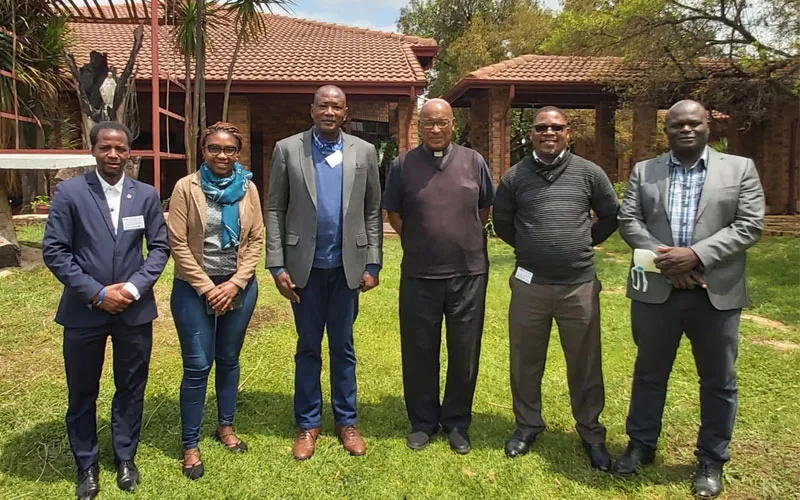Maputo, 10 November, 2021 / 9:15 pm (ACI Africa).
There is need for officials of the development and humanitarian arm of the Catholic Church within the jurisdiction of the Inter-Regional Meeting of Bishops of Southern Africa (IMBISA) to foster brotherly collaboration amongst themselves, the President of Caritas South Africa has said.
In his address at a Caritas IMBISA workshop on Monday, November 8, Wilfrid Cardinal Napier acknowledged the fact that the interconnectedness of every aspect of the earth requires collaboration.
“As frontline agencies of the Church, Caritas must prioritize … fraternal cooperation and creating spaces for communion. Everything is connected. Disaster risk reduction, climate change adaptation, environmental stewardship and humanitarian action are connected. Together we are more,” Cardinal Napier said in the session that was held at Padre Pio’s Spiritual Centre in South Africa’s Pretoria Archdiocese.
The Cardinal added that Caritas members need to work together in implementing the "fraternal cooperation principles of mutual respect, mutual support and mutual accountability,” as stipulated by Caritas Internationalis (CI).
"The Church has an important role to play in bringing actors at the Parish, national, Diocesan, regional and international levels together to share, reflect and learn from each other," said the Archbishop emeritus of Durban Archdiocese.








